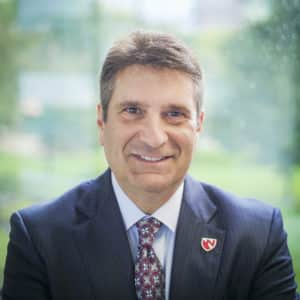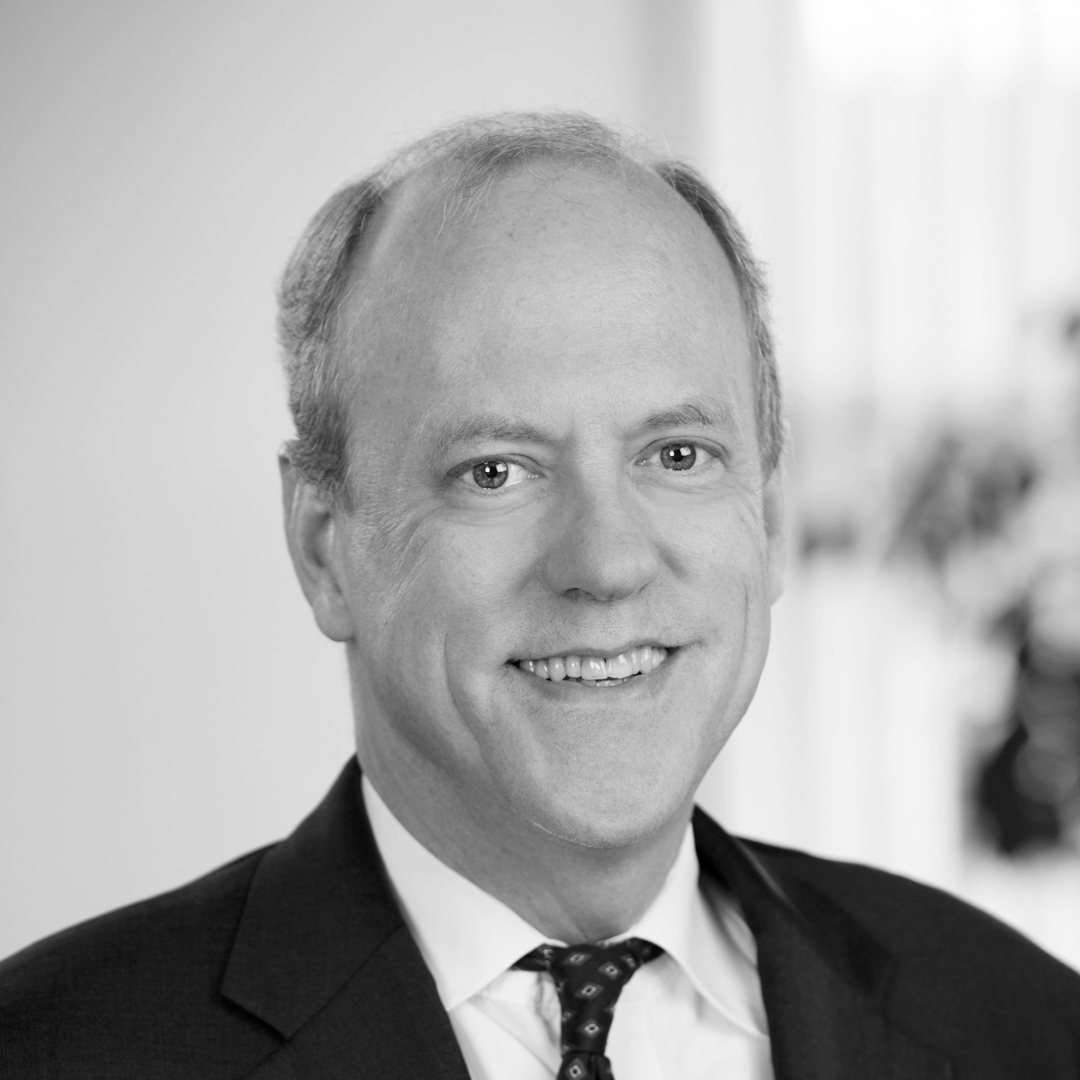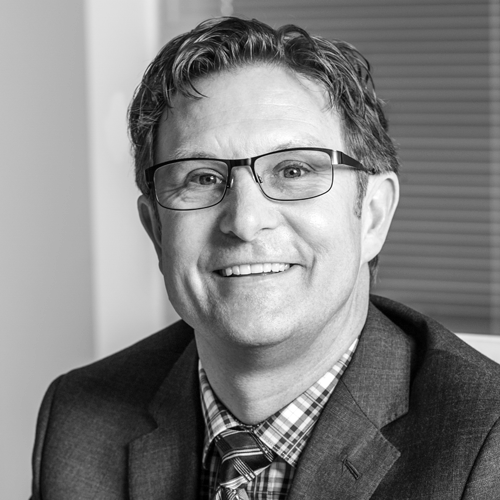A successful human resources practice in healthcare requires a delicate balance within several different important areas of any organization’s operations. That has certainly been the case for Frank Venuto, chief human capital officer at Nebraska Medicine (NM).
The first is recruitment—a challenging priority for healthcare across the country. In addition to identifying qualified talent, Venuto also has to be careful to accommodate the priorities of other partners and constituencies.
He frequently recruits in rural areas of Nebraska, and many students in these areas go to NM’s academic partner, the University of Nebraska Medical Center, and their outreach campuses for healthcare education and training. “We have to respect the expectations of the regions that invest assets and resources in local educational programs where we recruit,” Venuto says. “They want their trained professionals to come back to their local communities where their hospitals need staffing support as much as we do.”

NM also works collaboratively with Metro Community College and other nursing schools to develop curriculum to address the needs of its clinical operations. For example—as part of another balancing act—Venuto pays close attention to the number of patient care attendants. If there are enough attendants to focus on patients’ basic care, patient care technicians can devote their attention to assisting higher-skilled nurses. This makes patient care more effective and efficient while reducing the risk of professional burnout for everyone.
“Inadequate support makes it harder to achieve the highest levels of patient care,” Venuto says. “We try to avoid such barriers by developing more assistants and technicians through relationships with our partners academic institutions.”
To cast an even broader net, NM helps to develop students’ interests in healthcare careers as early as possible. It provides funding to some of Omaha’s high school healthcare academies, which offer in-school and after-school programming to become a certified nursing assistant.
For the past two years, NM participated in CAREEROCKIT, an innovative program developed by the Omaha Chamber of Commerce that challenged local businesses to provide ten thousand work experiences to high school students in one week. In the first year, 125 students participated in a variety of activities at NM. In the emergency department, staff developed role-plays—in which participants assumed the responsibilities of emergency technicians, nurses, and physicians and were able to experience what goes on in an operating room.
“We had a unit clerk who started working here when she was nineteen. Thirty years later, she’s our chief financial officer.”
In the second year of CAREEROCKIT, NM hosted 325 students and added experiences for those who were interested in nonclinical careers. They were very surprised by how many nonclinical healthcare careers are available, Venuto says. Opportunities in accounting, HR, marketing, finance, and IT all piqued their interests, but the facility’s IExcel Lab—a virtual reality training center—was one of the most popular attractions. Several students commented that they hadn’t fully understood the level of technology involved in healthcare.
As a result of its efforts, NM received the Nebraska Career Education Outstanding Business Partner award.
Like the CAREEROCKIT students, Venuto says that the more than thirty-seven thousand annual job applicants are typically surprised by the variety of services, experiences, and career paths NM can offer. Through its hospital locations, physician networks, and forty clinics and other branches throughout the state, options range from nursing, IT, support services, and advanced practice provider specialties in cardiology, obstetrics, and pediatrics, to transplantation, oncology, and multiple research opportunities.
“The variety of career options is available to every employee,” Venuto says. “We had a unit clerk who started working here when she was nineteen. Thirty years later, she’s our chief financial officer.”
NM is also successful in leveraging the recruiting power of digital technology. Once an applicant applies through one of NM’s social media job postings, a digital app automatically generates a text acknowledging the inquiry, and asks the candidate to respond to a few basic questions. After screening the answers, additional questions can be sent to the applicant with a video link and instructions to record their responses via video. This streamlines sharing applicant information between recruiters, department managers, and other stakeholders, Venuto says.
All of these efforts have resulted in a time-to-fill average of forty days for job vacancies, more than 16 percent shorter than the national average.
After new employees are in place, Venuto and his team implement several strategies to support retention and their professional development. They actively promote health and wellness with programming that focuses on physical, emotional, community, and financial well-being. This includes monthly challenges that ask them to reflect on aspects of their overall health and well-being. This helps to remind employees that balancing their lives and taking active steps to prevent burnout are important parts of a long-term career.
NM has also developed a leadership training program for frontline managers. Beyond technical aspects, such as proper budget management, the program teaches how to lead and motivate employees by demonstrating care, concern, and compassion, and paying special attention to developing relationships with colleagues.
One last balancing act for Venuto is repositioning the HR department itself. He says that in the past, it took a very rigid stance on compliance with institutional policies and procedures. This created a disconnect with NM’s clinical operations and its workforce.
Venuto is building a new culture in which HR acts as a collaborative business partner with line operators to fully understand issues, develop practical solutions, and initiate proactive processes to avoid issues in the future.
“Our employees already have great pride in the organization and in what they do, and are fully committed to our motto: Serious Medicine, Extraordinary Care,” Venuto says. “HR is doing everything it can to create a positive culture that they can be just as proud of.”
Jackson Lewis P.C. is a law firm with more than 850 attorneys in major cities nationwide. We represent more than 1,800 healthcare industry employers on the full range of labor and employment issues. To learn more, visit jacksonlewis.com/industry/healthcare.


